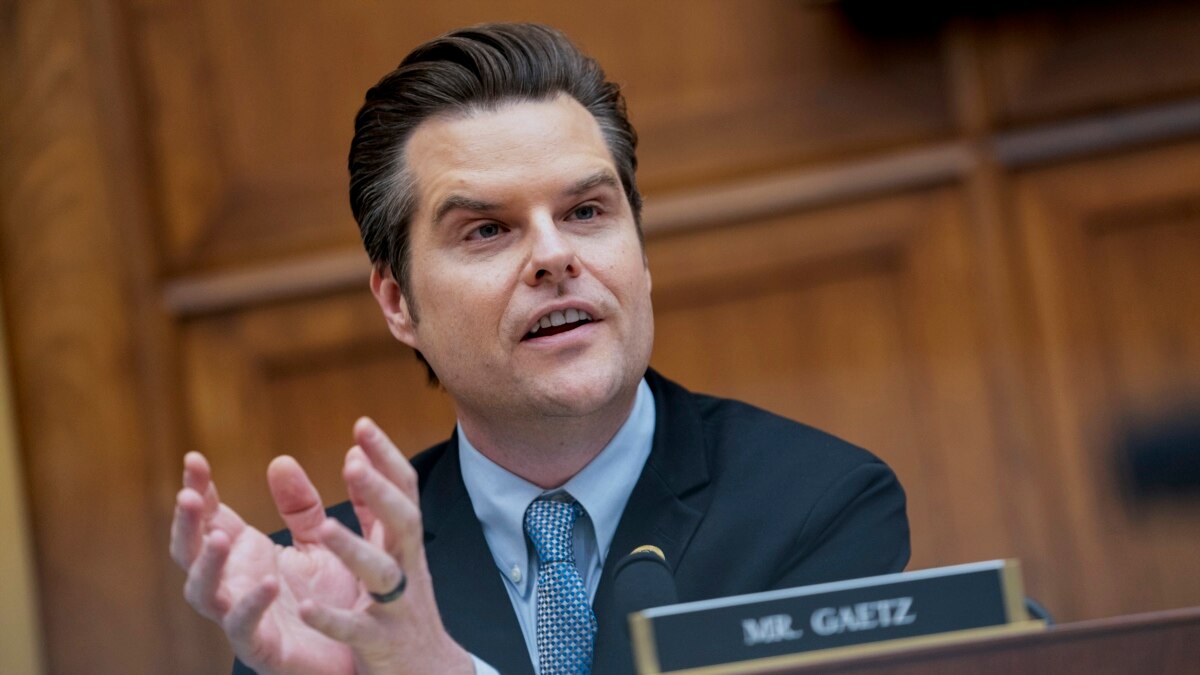Former Finance Minister Samuel D. Tweah Jr. has taken the Unity Party (UP) government to task over its handling of the wage bill and harmonization policy, accusing the administration of misleading voters during the 2023 presidential campaign.
Tweah’s remarks contained in a social media post made on Monday, October 14, come following the release of a Memorandum of Economic and Financial Policies (MEFP), in which the current government outlines its plan to reduce the nominal wage bill as part of its agreement with the International Monetary Fund (IMF).
Tweah’s post, titled “Unity Party Government Finally Validates Harmonization in Its Program Agreement with the IMF,” lambasted the UP for backtracking on its promise to reverse the wage harmonization policy introduced under the administration of President George Weah and carried out by the Coalition for Democratic Change (CDC).
He argued that the UP’s recent agreement with the IMF proves the new government has no intention of reversing the policy, despite promises made during the election.
According to Tweah, the UP government has agreed to slightly reduce the wage bill in comparison to the 2023 figure, targeting a reduction from 7.1% to 6.3% of GDP. This would translate into a wage bill reduction from an estimated US$305 million to US$270 million, cutting US$34 million from public sector salaries.
“Now, let’s break this down for our people,” Tweah wrote. “The UP government is saying that the CDC government ended with a wage bill of US$305 million in 2023, and they will reduce this wage bill to around US$270 million. In other words, they are cutting US$34 million from the public wage.”
He further called out what he described as inaccuracies in the UP’s report to the IMF. “This is a black lie to the IMF! Current wage bill trends show the wage bill will end above US$300 million for 2024, so the new minister, who may not have been involved in these negotiations, would have to request a rewrite of this portion of the MEFP!”
Tweah warned that this discrepancy could become a serious issue, considering that the IMF Board has already approved the plan.
One of the most critical aspects of Tweah’s statement is his assertion that the UP misled voters during the campaign, particularly when it promised to reverse harmonization.
The harmonization policy, introduced under the Weah administration, was designed to equalize pay scales across various ministries, reducing inflated salaries in certain government positions. It led to a decline in the wage bill from 10% of GDP to 7.1% by 2023.
“Between 2019 and 2023, the wage bill declined from 10% of GDP to 7.1% of GDP. To take the wage bill to 6.3% means further reduction, which is contrary to ‘reversing harmonization,”‘ Tweah explained. He argued that if the UP were truly committed to reversing harmonization, it would have to increase salaries at ministries targeted by the policy, adding US$30 million to the wage bill, not reducing it by US$34 million.
“The UP lied to the Liberian people during the 2023 campaign. They said they were going to reverse harmonization–whatever that phrase is supposed to mean. To reverse harmonization, you would have to return to the very inequitable salary levels at four or five ministries that harmonization targeted,” he added.
Tweah also criticized the government for failing to address critical issues facing health workers and other civil servants. During the 2023 election campaign, many health workers expressed dissatisfaction with the harmonization policy, claiming it reduced their salaries, a sentiment that was encapsulated in the slogan, “You harmonize our pay, we harmonize your vote.”
However, Tweah noted that despite these grievances, the UP government has not been able to provide the US$5 million set aside in the budget by the CDC administration to give health workers a pay increase under a new scale.
“So let it be clear that the UP will not be fulfilling its campaign promise of reversing harmonization,” Tweah declared. “We will aggressively monitor the wage reform to see what changes the UP will effect that is substantially different from the reforms undertaken by the CDC.”
He further pointed out that many promises made by the UP, such as delivering a remaining 35% salary increase for University of Liberia instructors and increasing judges’ salaries, remain unfulfilled.
Additionally, Tweah highlighted the plight of teachers and health workers who have been serving voluntarily and questioned how the government plans to address these concerns while simultaneously reducing the wage bill.
Another issue Tweah raised is the government’s effort to verify 6,000 civil servants believed to be “ghost workers.” He claimed that many of these workers are not, in fact, ghosts, and the savings the government expected to achieve from eliminating these names from the payroll have not materialized.
“The promised savings ‘da vlah,’ as we say in Liberian parlance,” Tweah wrote, using a common local expression meaning “it is false.” He advised the current Finance Minister to “do a clean sweep away from the false assumptions and politically motivated work of people before him.”
In his closing statement, Tweah called on the Unity Party to apologize to the Liberian people for misleading them about harmonization. “Let the UP apologize for the lie on harmonization and come clean with the Liberian people! Let’s keep public discourse factual and honest,” he concluded.









